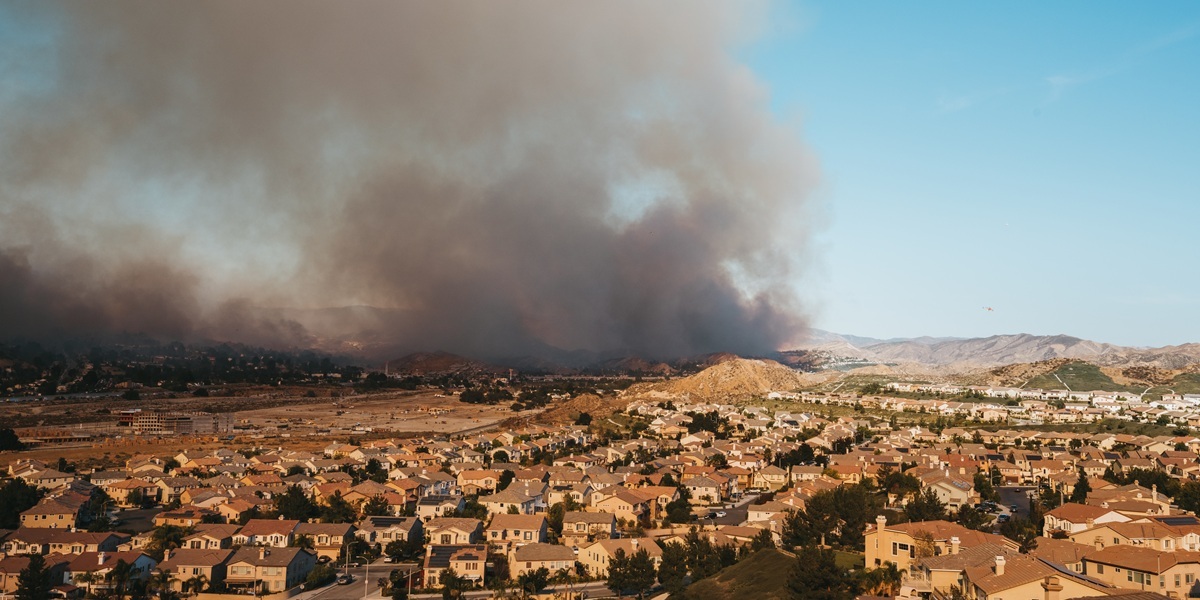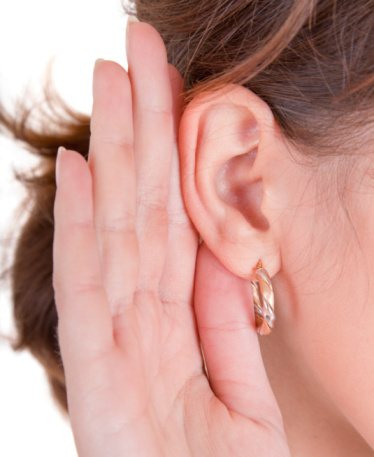 If you're a parent and you call an air conditioning company, one of the qualities that will probably stand out most is your good parenting skills, especially with regard to the time you take to read stories to your young children, complete with sound effects. Where else could you have honed the talent needed to describe the unusual noise you hear coming from your air conditioner? Every “gish,” “hiss,” “whoosh,” “clank-bang” and “click-click” sound imaginable.
If you're a parent and you call an air conditioning company, one of the qualities that will probably stand out most is your good parenting skills, especially with regard to the time you take to read stories to your young children, complete with sound effects. Where else could you have honed the talent needed to describe the unusual noise you hear coming from your air conditioner? Every “gish,” “hiss,” “whoosh,” “clank-bang” and “click-click” sound imaginable.
Air conditioner noises aren't the stuff that fairy tales are made of; in fact, they're usually a sign of trouble that only a service call can remedy. But if you can do two things before you call for help – identify where the noise is coming from and mimic the noise over the phone – even what seems like a scary, suspenseful story can have a happy ending.
Begin with indoor noises
Air conditioner noises emanate from three places:
- The indoor evaporator unit
- Indoor ductwork
- The outdoor condenser unit
Indoor noises from an air conditioning system are generally easier on the ears than outdoor noises, but this doesn't mean that they should be ignored; they won't dissipate on their own. The most common noises, and their probable cause, include:
- Clicking, which could be traced to the fan motor or faulty relays. Clicking noises also can signify a malfunctioning thermostat.
- Ductwork noise can run the gamut from low hisses and whistles to thunderous roars. Some low-grade noise is common as metal ductwork expands and contracts; it's steady hisses and whistles that often point to air leaks, which greatly undercut the efficiency of your air conditioning system. Some duct noise is trickier: buzzing, clanking or rattling noise might originate at the air handler but be “thrown” to the ductwork if a vibration dampener is needed. And every once in a while, a fluttering, gnawing or humming noise in the ducts turns up a trapped animal, such as a bird, mouse or wasp.
- Rattles, which usually point up problems with the fan.
Move to outdoor noises
Outdoor noises generally sound more urgent, and that's probably a good thing because they will probably motivate you to call an air conditioning company in due haste. That's a good idea, as is turning off your air conditioning system as a precaution until it can be inspected thoroughly. Do not take chances and continue running the system. It almost always makes matters worse.
The most common outdoor air conditioner noises, and their likely cause, include:
- Banging, which is a sure sign that there is a loose or broken part – a connecting rod, piston pin or crankshaft – from inside the compressor.
- Clanking or a combination of banging and clanking is another sign of a loose part.
- Hissing, which may alternatively sound like bubbling, usually means that refrigerant is leaking from a line or coil. This condition usually necessitates a two-step procedure: a repair of the leak and an influx of refrigerant.
- Humming or buzzing noises point to electrical problems, possibly with the condenser fan motor or the relay switch. But loose wiring at any component could trigger this noise, too.
- Screaming, which usually means excessive pressure is building within the compressor. If your air conditioner already has turned off on its own, don't panic. Consider this a good thing. A sensor is doing its job to protect you from a potentially dangerous situation. Upon inspection, some of these noises sound more like high-pitched (and off-key) singing, squealing and even whining. But you get the idea: your air conditioning system shouldn't be making any of these unusual noises.
- Trumpet or trombone sounds are often orchestrated by leaky refrigerant valves.
We know that it can be jarring and downright scary to hear strange sounds coming from your air conditioning system. But try to keep two thoughts in mind: Experts In Your Home responds in a hurry to these emergencies and there isn't a noise yet that we won't try to silence and repair to ensure quieter days ahead.
The experience may not be what you bargained for in terms of adding to your sound effects repertoire, but at least our Experts will help get you the happy ending that you – and your children – like most.








